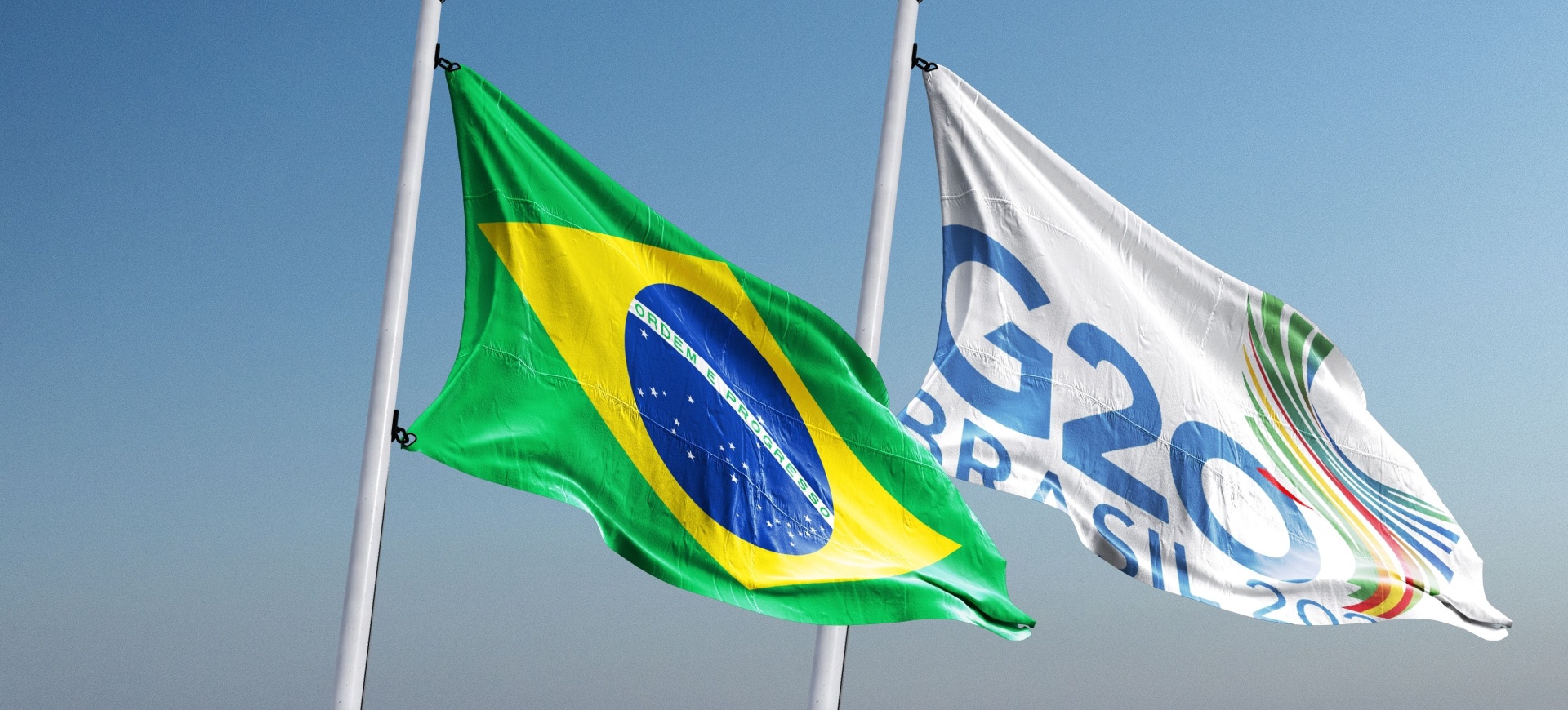Brazil at the G20 summit: reform or delivery?
President Lula faces the challenge of addressing global institutional reform while ensuring tangible outcomes amid complex geopolitical tensions
Brazil has long been a champion of global institutional reform.
Yet notwithstanding the diplomatic commitment and normative appeal devoted to these efforts, Brazil’s record of achievement has been one of frustration. Brazil was denied a place in the United Nations Security Council at its creation. Subsequently, several Brazilian initiatives to provide greater equality – notably the push for UNSC reform, with India, Germany and Japan – have stalled.
This persistence of long-standing frustration, intertwined with a recognition of new-found opportunity, informs Brazil’s 2024 G20 presidency. Brazil has notably benefited from the rise of informal institutions, as the G20 was elevated to the leaders’ level to circumvent blockages within the formal architecture of key international organisations. Indeed, from the perspective of Brazil’s President Luiz Inácio Lula da Silva, the G20 was required to deal with “broken paradigms and failing multilateral institutions”.
Brazil deserves credit for the impact it has made on the G20. This was especially true of its role as chair of the G20 finance ministers and central bank governors in 2008, when the global financial crisis brought the G20 leaders’ forum into being. But frustrations about the institutional architecture have remained. One of Brazil’s original goals as a driving force behind the grouping of both India, Brazil and South Africa – IBSA – and the BRICS (the aforementioned plus Russia and China) was to lobby for reform, both with respect to the UN and international financial institutions.
A key question is how prominently global institutional reform features in Brazil’s agenda for its 2024 G20 presidency. At the UN’s Summit of the Future in September 2024, President Lula stressed that the global governance crisis underscored the need for transformative change.
The lure of reform
While the ambition is laudatory, a strong argument can be made that Brazil can (and should) devote this opportunity to focus on instrumental delivery rather than be lured by institutional reform. Unlike the UN, the G20 is already based on a culture of equality. As Celso Amorim, Lula’s chief foreign policy adviser, suggests, “the G20 is the closest thing to a representative body in the international community” despite a need for some adaptation. This also signals the significance of the G20 in demonstrating and promoting the importance of a multipolar world.
That said, the record of using the G20 as a base for building progress on institutional reform has fallen short of ambitious expectations. To be sure, President Lula has acknowledged the difficulty of this process, recognising that the president of the World Bank should finally come from developing countries rather than the United States, and that any reforms made to the International Monetary Fund have been “extremely small”.
And in any case, Brazil has complex challenges built into the Rio Summit beyond the question of institutional reform. Externally, the shadow over the summit will be cast by complicated geopolitical tensions. With the lessons of the 2022 Indonesian and 2023 Indian presidencies in mind, adopting a restrained approach to transformative institutional reform offers some benefits. At the New Delhi Summit, President Lula said: “We cannot allow geopolitical issues to hijack G20 bodies’ discussion agendas. A divided G20 does not interest us. We can only tackle present-day challenges through joint action.”
Democratising the G20
Moreover, President Lula must manage intense domestic sensitivities about the Rio Summit. There is pressure to localise. Here, India’s experience is valuable in the lengths taken to decentralise the G20’s activities. Brazil has held G20 meetings in “many Brazilian cities” to “democratise” the G20 and make it popular among civil society. Nor is this approach all about style, given a deep appreciation that there needs to be a link between the G20 and everyday lives. As Lula commented around the time of the New Delhi Summit, it does not matter how much money is “spent” on hosting the G20 but whether it is “invested” for the betterment of the country.
This is not to minimise the symbolic importance of playing up the need for transformational global institutional reform – and showcasing Brazil’s leadership credentials in pursuing this objective. That said, the salience placed by Brazil on instrumental performance has shaped and should continue to shape its hosting function. In terms of policy objectives, this approach has prioritised global equality on the G20 agenda.
An ambitious and divisive tilt into institutional reform risks jeopardising the success of the summit in functional terms. Regarding the hosting function, Brazil is considerably motivated to portray itself as a champion of global governance. Still, care must be taken that hosting the G20 does not reveal confusion or even distraction between different forms of leadership. Linking the Brazilian presidency symbolically to the lure of transformative global institutional reform is certainly commendable, but privileging the G20 as the forum to promote this goal should not get in the way of securing substantial achievements.












